Search
Search Results

Definition
Roman Religion
In many societies, ancient and modern, religion has performed a major role in their development, and the Roman Empire was no different. From the beginning Roman religion was polytheistic. From an initial array of gods and spirits, Rome added...

Article
Ancient Israelite & Judean Religion
As early as the 10th century BCE, Israelite and Judean religion began to emerge within the broader West Semitic culture, otherwise known as Canaanite culture. Between the 10th century and 7th centuries BCE, ancient Israelite and Judean religion...

Definition
Ancient Celtic Religion
The polytheistic religion of the ancient Celts in Iron Age Europe remains obscure for lack of written records, but archaeology and accounts by classical authors help us to piece together a number of the key gods, sacred sites, and cult practices...
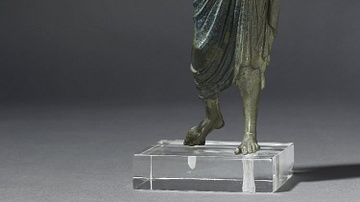
Definition
Etruscan Religion
The religion of the Etruscans, the civilization which flourished from the 8th to 3rd century BCE in central Italy, has, like many other features of the culture, long been overshadowed by that of its Greek contemporaries and Roman conquerors...
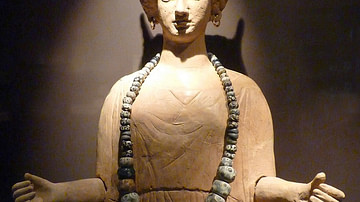
Definition
Carthaginian Religion
Carthage was founded by the Phoenician city of Tyre in the 9th century BCE, and along with many other cultural practices, the city adopted aspects of the religion of its founding fathers. Polytheistic in nature, such important Phoenician...

Video
The Nine Realms of Norse Cosmology
The Norse people in their mythology divided their universe into nine realms with the world tree, Yggdrasil, in the centre. From Yggdrasil the nine realms of their cosmology either spread out from it or they stretched from the roots below...

Image Gallery
A Gallery of Norse Gods & Yule Traditions
The Norse tradition of celebrating Yule (Yuletide=Yule Time) influenced many of the later traditions now associated with Christmas. "Yuletide" appears in Christmas carols, is often used interchangeably with "Christmas", and many still celebrate...
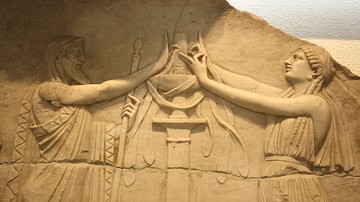
Definition
Ancient Greek Religion
In the ancient Greek world, religion was personal, direct, and present in all areas of life. With formal rituals which included animal sacrifices and libations, myths to explain the origins of mankind and give the gods a human face, temples...
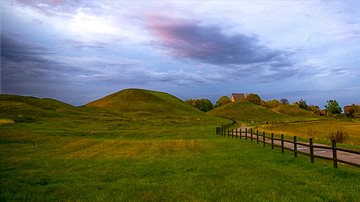
Collection
Norse-Viking Culture
Norse-Viking culture is frequently misrepresented in popular media which emphasizes the rugged, militaristic aspect of the people. In reality, Norse culture placed a high value on appearance, personal hygiene, and religious devotion, creating...
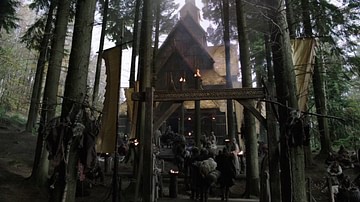
Definition
Temple at Uppsala
The Temple at Uppsala was a religious center dedicated to the Norse gods Thor, Odin, and Freyr located in what is now Gamla Uppsala in Sweden. It is described by the 11th-century historian Adam of Bremen as the most significant pagan site...